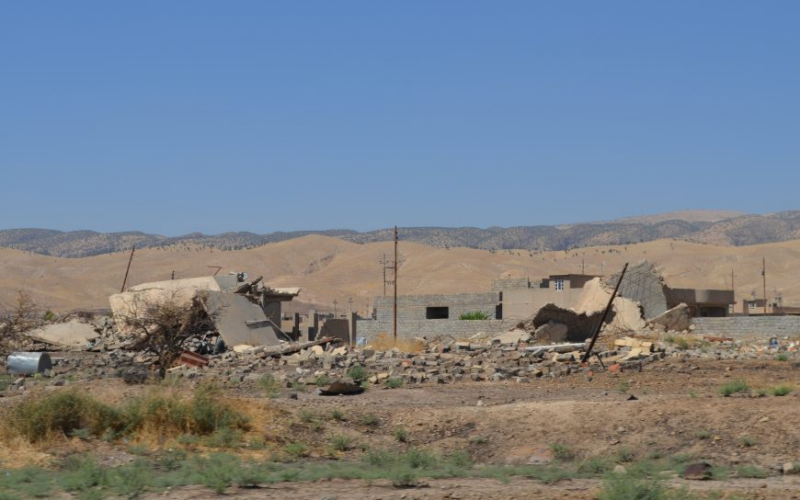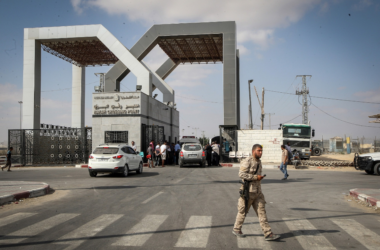The Iraqi government has delayed its plan to close camps in the northern Kurdish region that house thousands of Yazidis and others displaced by ISIS a decade ago, officials announced on Tuesday.
Initially, Baghdad had set a deadline of July 30 for the closure of these camps, offering payments of 4 million dinars (about $3,000) to encourage occupants to leave. However, Kurdish authorities opposed the order, arguing that the areas from which the displaced people fled, particularly Sinjar, are still not safe or suitable for their return.
A Kurdish official confirmed that an agreement had been reached with the office of Iraqi Prime Minister Mohammed Shia al-Sudani to postpone the closure until the end of the year. The prime minister’s office has not made any public statements regarding this decision, but a Baghdad government official verified the postponement.
“A committee has been formed from the central government, the regional government, and international organizations to assess the situation and provide the appropriate conditions for the return of displaced persons,” the official said. “The return will be voluntary and not forced.”
Both officials requested anonymity as they were not authorized to speak publicly on the matter.
The International Organization for Migration (IOM) reported that as of April, only 43 percent of the more than 300,000 people displaced from Sinjar had returned. IOM Chief of Mission Giorgi Gigauri stated that the slow pace of returns is due to “concerns over safety and security, the need for reconstruction, improved public services, economic opportunities, residential destruction, accountability, redress and compensation, and community reconciliation.”
Despite a recent increase in returns spurred by the camp closure order and compensation payments, many residents of camps in the Dohuk area remained as of Tuesday. The postponement allows more time for addressing the numerous challenges facing those who wish to return to their homes in Sinjar.








